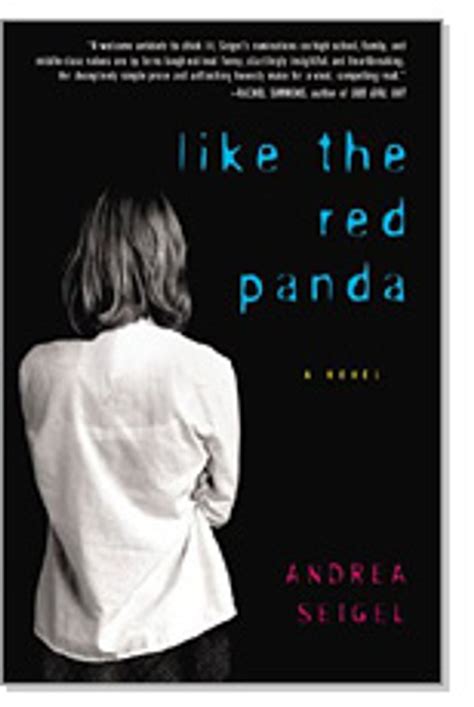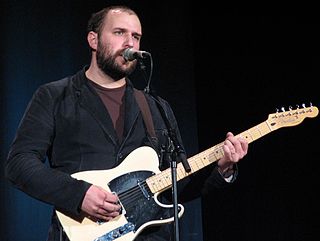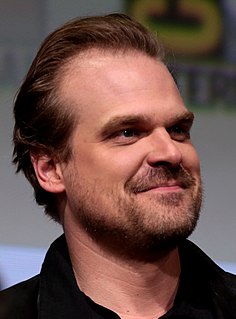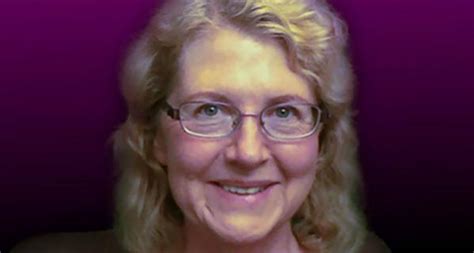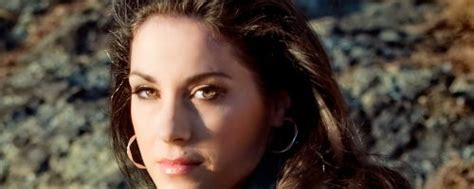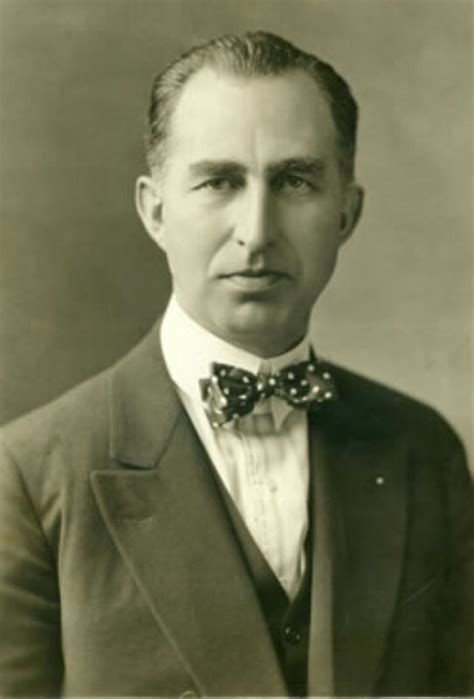A Quote by Andrea Seigel
I think a conceptual idea comes to me first - something I've been mulling over a lot right before I feel like writing a book - and then the characters start to develop around it.
Related Quotes
On past records I usually did start with a story or an idea for a song and then write around it, but on Achilles' Heel I would just start writing and try to let the song and my sub-conscience determine the direction. which is a goofy way of saying I tried not to decide before hand what the song and or the characters would do and be like.
Finding yourself in a hole, at the bottom of a hole, in almost total solitude, and discovering that only writing can save you. To be without the slightest subject for a book, the slightest idea for a book, is to find yourself, once again, before a book. A vast emptiness. A possible book. Before nothing. Before something like living, naked writing, like something terrible, terrible to overcome.
I was very resistant to my intellectualism for a while. I do start with an intellectual idea for a character. A lot of the times, it'll be the opposite of what I feel like is on the page, or it'll be just an idea that I read in a psychology textbook or in a philosophy book. I'll apply something to it that I can start to tinker with.
The main characters for 'The Seer and the Sword' made an appearance one night and then haunted me for over five years before I began to write them down. Does that count as inspiration? For me, characters tend to show up, stay on to help with the work of writing their stories, and then occasionally deign to visit after a book is finished.
When I start writing a new imaginary future, I have no idea what it is. The characters arrive first. They help me figure out where they are living and I get to fill in the gaps with that and where we are. So when I get to the end of the process of composition, if I feel that I have really done my job, I have no idea what I've got - and I then spend essentially the rest of my life figuring out what it might mean.
I don't need to feel 100% safe, but I have to feel like there's room for me to go a little bit insane if I'm going to have good ideas. Because a good idea is a new idea and if you start going around like, "I have this new idea!" most people are gonna be like, "I've never heard that before, that sounds fishy."
Writing is the basis of all, because creating something that didn't even exist before is like taking an empty canvass. It is a wonderful thing to make something out of nothing. You've got an empty page, you've got an idea, and then you start typing and that is the most thrilling thing of all. And then if it becomes a movie or something else that's a plus, but the original writing of it is what's very exciting.
To me, when one is writing sometimes about a very specific subject with very specific people, I feel like if that story doesn't cross over, it's not working. That's very beautiful to me, to be sitting in Berlin and there's an actor reading my book in German. I don't even know what's going on, except I know to feel my own rhythms in another language and say, "If this is going well, I think everyone should laugh around now." Then maybe there's laughter, and for me, it reminds me of how story can move around the world.
'Shadow and Bone' was my first book, and I think I was unconsciously echoing a lot of the fantasy that I had grown up with, which sets a kind of default for straight white characters. And that's something I've tried to improve on as I write, to write more authentically and reflect the people around me in the world, around me more realistically.
Well, first you have to love writing. A lot of authors love having written. But I enjoy the actual writing. Beside that, I think the main reason I can be so prolific is the huge amount of planning I do before I start to write. I do a very complete, chapter-by-chapter outline of every book I write. When I sit down to write, I already know everything that's going to happen in the book. This means I've done all the important thinking, and I can relax and enjoy the writing. I could never write so many books if I didn't outline them first.
